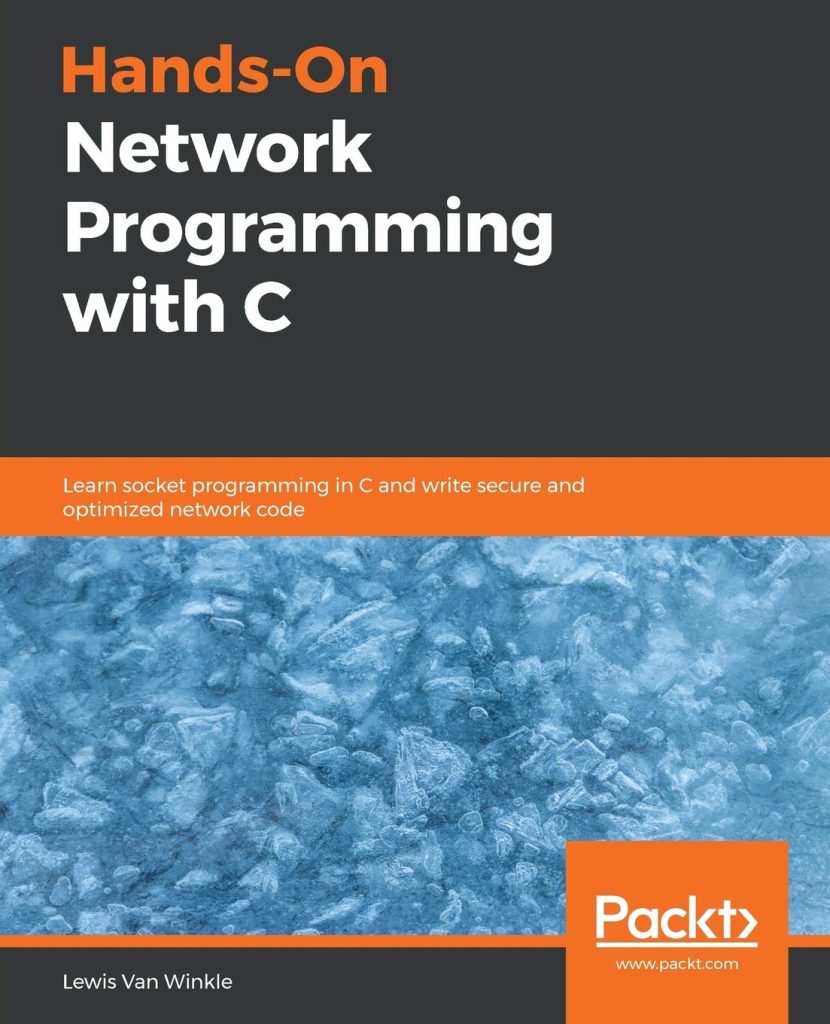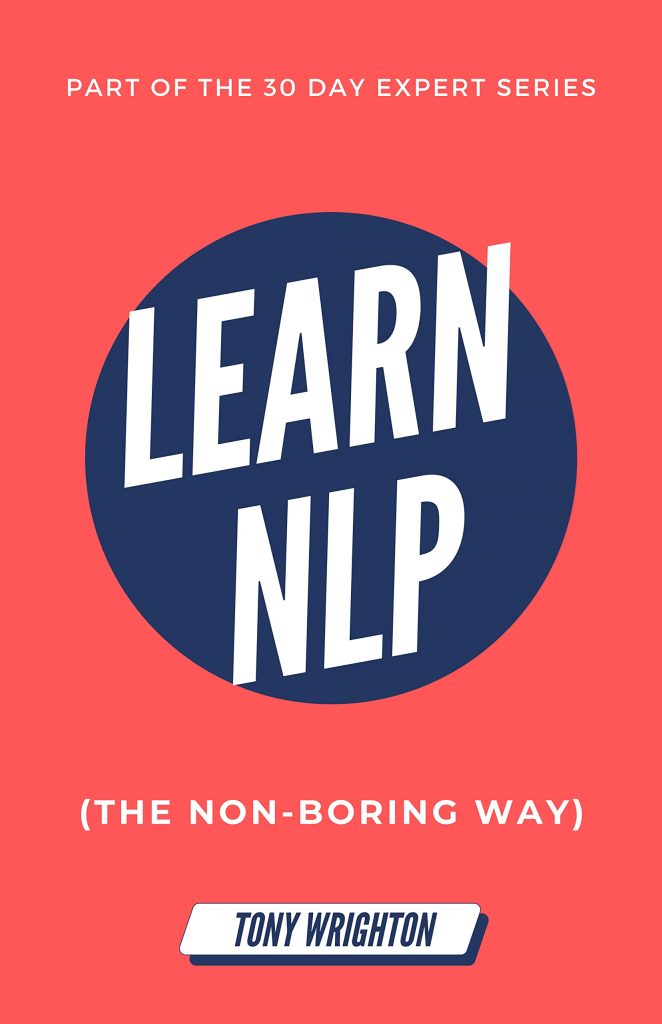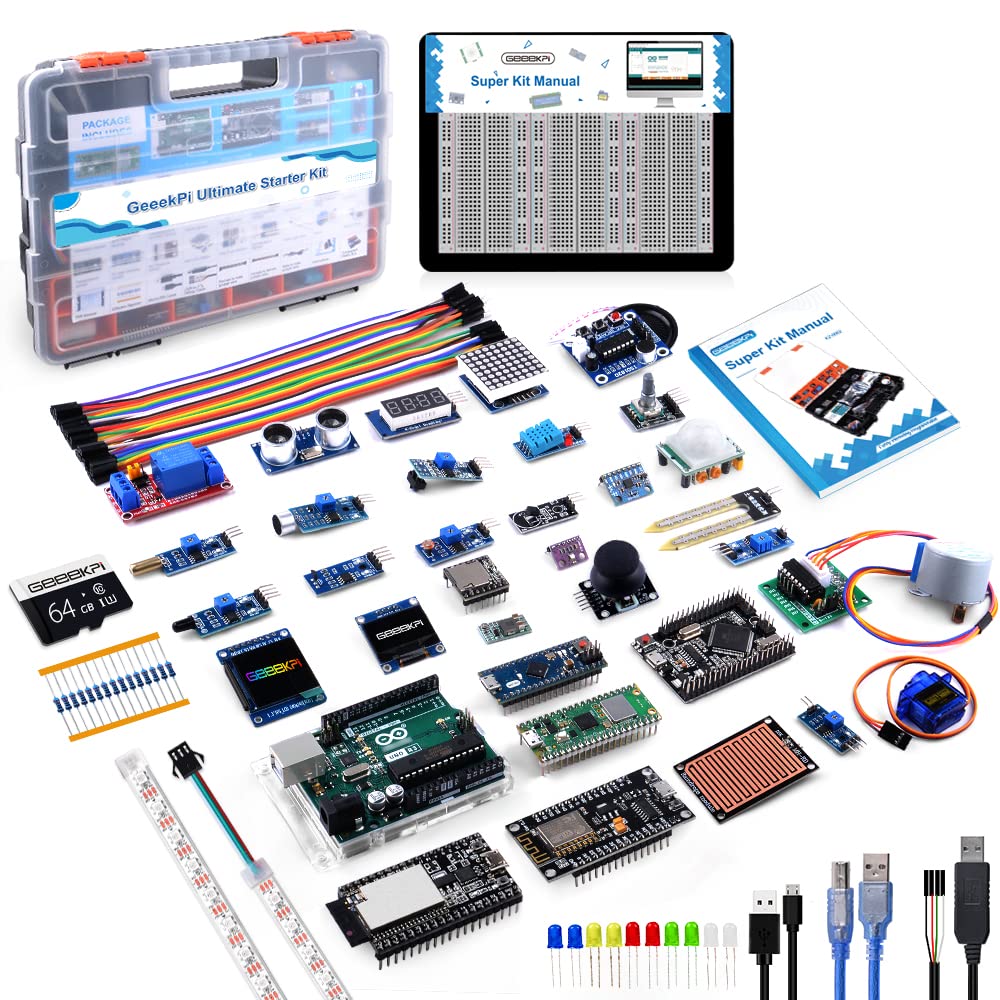
Degrees in IT and computer science are still hot property in today’s job market, but are formal qualifications necessary to be a successful developer? We looked into the options people have when it comes to learning how to code.
Bootcamps
Attending a coding bootcamp exposes you to necessary languages whilst you benefit from a range of career services, including building a portfolio of web applications.
You’ll need to shop around until you find something that offers you the best quality/price ratio, but also feels right. The best bootcamp for you will be the one that fits your needs at a specific time. It can be an intense full-time course, or a part-time course you can plan around your life.
‘Self-learning and bootcamps can be a lot more agile than university because they’re driven by the private sector and can keep up with the changes needed for the industry,’ Berlin developer Adam Tomszyk says. He now works as a coding teacher and is the co-founder of an app that wants to democratise the way accommodation, particularly among marginalised communities, gets managed.
23- year-old Australian software engineer Gemma Elsom was studying Sociology through university when she decided to dip her toe into web development with mixed results. ‘I decided I was going to try coding online through uni, and I tried to do two subjects… and failed them miserably.’
Seeking a more hands-on training approach from self-learning, Gemma decided to take the plunge, quitting her job to attend an intense six-month coding bootcamp. Where she learned enough to be fully employable by the end of the course.
‘I have seen so many bootcamp graduates become amazing developers and find great jobs’, says full stack developer Lisbeth Purrucker, who attended Le Wagon’s bootcamp. ‘Once I finished the bootcamp, I stepped into my new position as Junior Developer.’ Currently, Lisbeth works as a Teaching Assistant at Le Wagon and as a Teacher at Tech4Girls whilst looking for her next opportunity.
Self-taught
If you feel comfortable with your own levels of motivation and like starting by doing, then maybe self-taught learning is the perfect present for you.
Programming luminaries Ada Lovelace, Steve Wozniak, Margaret Hamilton, and even John Carmack were all self-taught. Your future senior developer and manager might even be self-taught. You don’t need genius-level ideas so much as putting in the practice. If you study on your own, you can build your own style of learning around your life, creating a schedule that best fits your personality and doesn’t disrupt your life.
Adam, who had previously worked in sales, dabbled in developing and found it to be a ideal fit. ‘You can’t bullshit as a developer. ‘If it doesn’t work, you can’t talk your way out of it. You need to find a solution yourself,’ he says. ‘It’s very unique and fun to learn that alone.’
University
Degrees tell potential employers that you are committed to this path. Having covered the fundamentals of computer science, and then explored beyond the basics of web development.
Increasingly, professionals who didn’t kick off their careers with a degree in computer science have been going back to school. According to our Developer Ambitions Report developers still believe in honing their skillset and expanding their knowledge even after they’ve found a job. For some, universities offer a structure they need in order to finish what they started. For others, computer science classes are too stuffy and generic.
Now an associate software engineer for an online education company in Australia, Gemma was the first in her bootcamp class of over thirty people (of which only three women graduated), to score a job post-training. She maintains that studying tech at the university wasn’t for her. ‘A lot of people at work have computer science degrees, which can open up opportunities overseas,’ she says. ‘But very often the only requirement is a degree and relevant experience, not necessarily a computer science degree.’ Gemma finishes her Sociology degree next year.
‘University is definitely not necessary to grow into the profession of a developer,’ agrees Lisbeth.
‘You might have an easier start, or let’s say a more profound base of knowledge, coming from a university, as you learn concepts in a more structured way, but there are so many insanely good self-taught developers out there that prove the opposite.’
Continued growth
When you have the basic knowledge of your chosen languages down, you can continue to learn whilst working, both through further certification and ‘on the job’.
‘In this profession, you learn by doing,’ says Lisbeth.
Despite the ‘loner’ narrative surrounding a lot of coders, development can be an enormously collaborative environment, where you learn something new almost every day. New coders and occasionally more seasoned pros, help each other with pair programming. It allows developers to see how a colleague approaches a problem, as well as pick up and suggest improvements in way of hints, tips, and tricks. ‘This early on in my career, it has to be collaborative,’ says Gemma. ‘Me and another engineer will sit together on a Zoom call and just problem-solve together.’
It can also be an enormously positive experience for relatively new coders, who get to soak up knowledge and exposure to the industry. ‘The work culture is so different when you love your job and have specifically trained for that job,’ Gemma says. ‘It’s really nice to work with people who also love what they do and are there for the same goal.’
Attracting job offers
Regardless of your work history and qualifications, you’ll need to be able to demonstrate the technical skills required for your desired role. How confident are you in selling your skills to prospective employers? How confident are you in your skills, full stop?
As we saw, opportunities appear whether you followed a traditional learning path, or not. Even if you’re self-taught, try applying to jobs where you believe you meet the criteria. Interviewing doesn’t cost a thing, and you might even get valuable insights for the future.
Following your own path, whether this means university, bootcamp or self-study is what will get you where you want to go. The most important thing is having confidence in yourself and your skills, regardless of your educational background.
And if you need any help in learning how to sell your skills, remember that Honeypot has you covered. In our platform, you can get help from our trusted spirit guides (also known as Talent Succes Advisors), who will help you find your ‘selling point’ and attract jobs that will grow your experience.
Source: https://cult.honeypot.io/reads/learning-to-code-why-you-may-not-need-a-tech-degree




